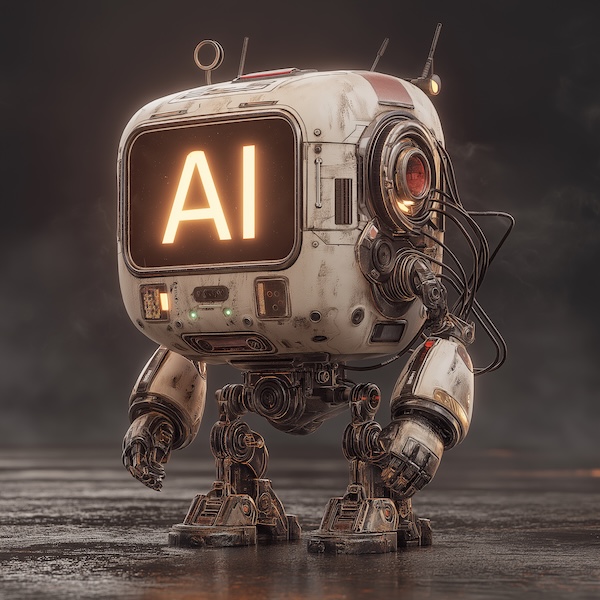Introduction
Some weeks, AI news feels like a storm of buzzwords. This week, however, there’s a clearer thread: making things smaller, faster, and actually useful. From nimble models outrunning the giants, to Google teaching AI how to both sprint and think carefully, to new tools for science and medicine, the focus is on efficiency and real-world impact.
And to keep things interesting, OpenAI is stepping into the jobs market with its sheriff’s badge.
Top 5 AI Achievements This Week
1. Qwen-3-Next: Leaner, Faster, Smarter Than GPT-5 and Gemini 2.5 Pro
Source: Analytics Vidhya
A surprise arrival on Hugging Face: Qwen-3-Next, with “only” 80 billion parameters (a featherweight by today’s swollen standards), is outrunning giants like GPT-5 and Gemini 2.5 Pro. Imagine a wiry runner in trainers overtaking a field of athletes weighed down by their designer kit. Its secret? A 32,000-token context window and speeds over ten times faster than its predecessors.
Size isn’t everything in AI — this trend towards lean efficiency means more people can actually use advanced models without needing a supercomputer or a lottery win.
2. Speculative Cascades — A Hybrid Approach for Smarter, Faster LLM Inference
Source: Google Research
Google has a new trick: speculative cascades. Think of it as tag-teaming a speed reader with a meticulous scholar. Small, fast models answer the easy bits, while the heavyweight models step in when things get complicated.
The kicker? Speculative decoding predicts multiple tokens at once and checks them in parallel. It’s intellectual relay racing — quick, precise, and surprisingly elegant.
This is engineering that refuses the false choice of “fast or accurate”. Sometimes, yes, you can have both.
3. Accelerating Scientific Discovery with AI-Powered Empirical Software
Source: Google Research
Scientists often have ideas faster than they can code. Google’s new AI system fixes that by automatically writing high-quality empirical software to test hypotheses.
Give it a problem statement and evaluation method, and it churns out implementations, runs thousands of variants, and reports results. Trials across genomics, neuroscience, and other fields show expert-level performance. Suddenly, the bottleneck isn’t coding but imagination.
If AI can write and optimise research tools on demand, researchers are freed to spend more time asking daring questions — the very heart of science.
4. Smarter Nucleic Acid Design with NucleoBench and AdaBeam
Source: Google Research
Designing DNA and RNA sequences is like searching for a single book in a library larger than the universe. Google and Move37 Labs built NucleoBench, the first proper benchmark for nucleic acid design, and paired it with AdaBeam, an algorithm that outperformed rivals in 11 of 16 biological challenges. The aim? Faster gene therapies, sharper CRISPR edits, and better vaccines.
It’s molecular design with intelligence, not chance. From trial-and-error to tailored medicine — a shift that could touch all our lives.
5. OpenAI Announces Jobs Platform and Certifications for AI-Powered Job Roles
Source: Analytics Vidhya
The AI job market has been chaotic — lots of hype, no clear standards. OpenAI wants to bring order with a new jobs platform and certification scheme. The idea: formal career pathways for AI engineers, prompt engineers, and data scientists, complete with credentials that (for once) might actually mean something. It’s a step toward professionalising an industry that has been running on improvisation and LinkedIn bravado.
Clear standards help everyone: learners know what to study, employers know what to expect, and the AI world looks a little less like the Wild West.
Closing Thoughts
This week’s theme is restraint — smaller, smarter, more efficient AI. Instead of endlessly adding parameters, researchers are squeezing brilliance from elegance: faster inference, clever cascades, molecular precision, and software that builds itself. And then, OpenAI, perhaps sensing the chaos it helped create, is trying to tidy up the careers it spawned.
Did you like this post? Please let me know if you have any comments or suggestions.
Posts about AI that might be interesting for you
